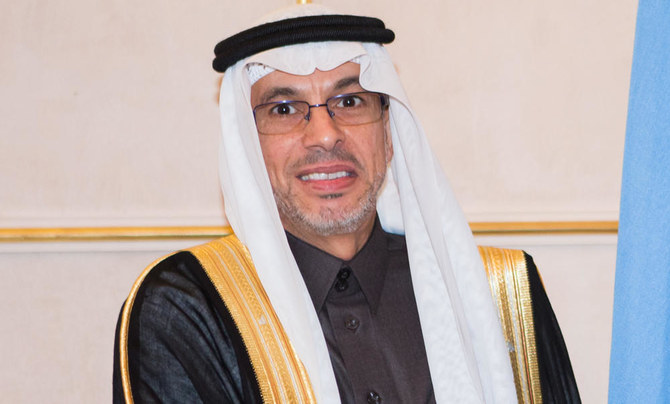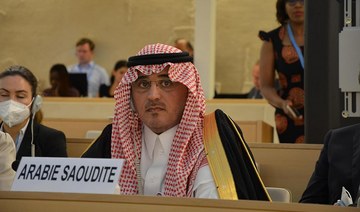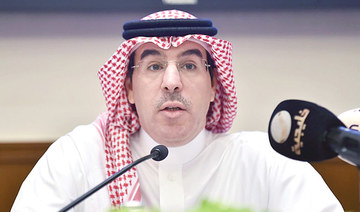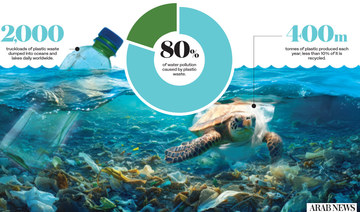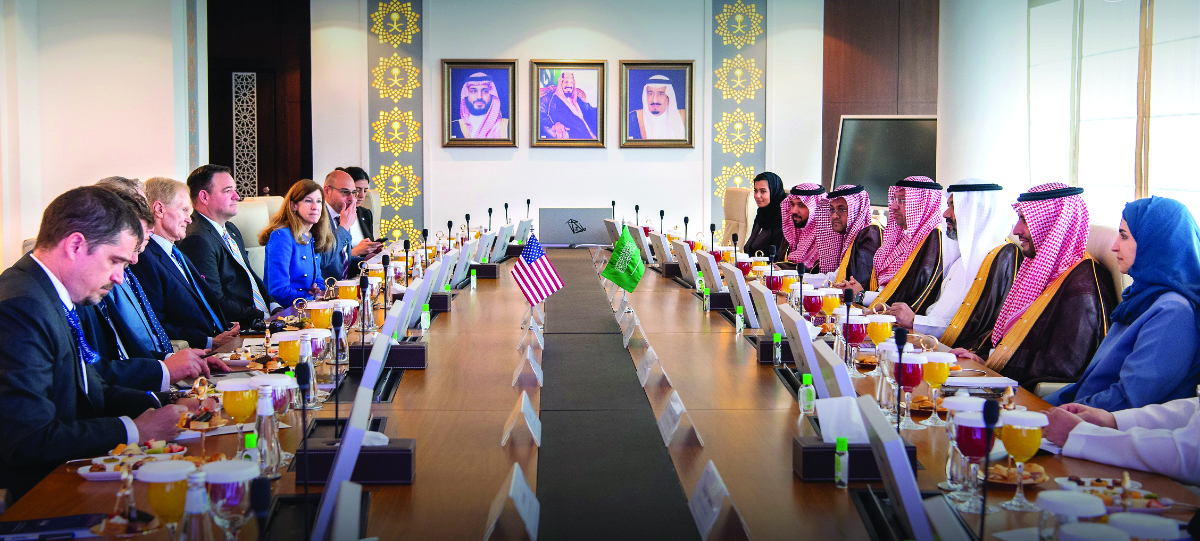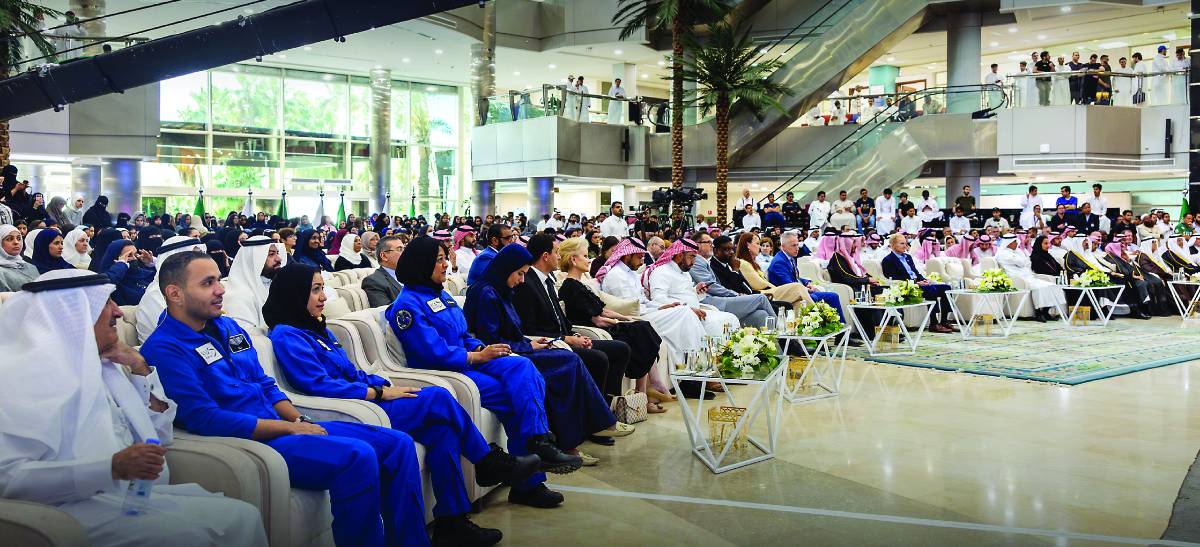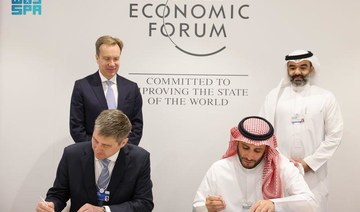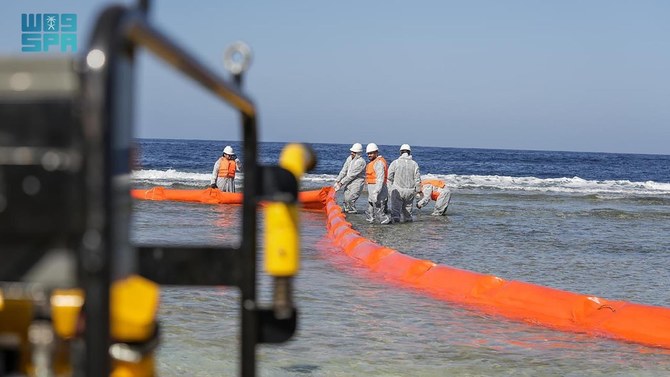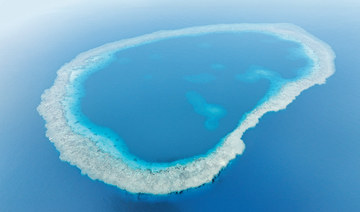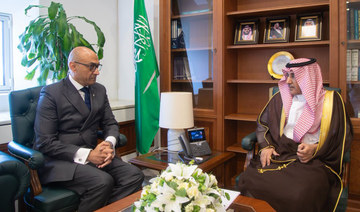NEW YORK CITY: Saudi Arabia is determined to fulfill all of its obligations under international human rights treaties and is committed to cooperation with all bodies established under those treaties, a UN committee heard on Thursday.
The pledge was delivered during a meeting of the UN General Assembly Third Committee by Abdul Aziz Alwasil, the Kingdom’s permanent representative to the UN. One of six main committees at the GA, it deals with human rights, humanitarian affairs and social matters. It meets in October each year and aims to have its work completed by the end of November.
Saudi Arabia is party to five core UN Human Rights treaties on: economic, social, and cultural rights; combating racial and gender-based discrimination; prohibiting torture and forced disappearances; and protecting the rights of children, migrant workers, and persons with disabilities.
Alwasil told the committee his country has embarked on a major program of human rights reforms since the launch of its Saudi Vision 2030 development strategy. These include “strengthening the legal and institutional frameworks and procedures that safeguard human rights, and the development of remedies, especially at the level of the judiciary, which is the main guarantor of the protection and promotion of human rights,” he said.
“My government also supports human rights associations and institutions, as well as individuals, by engaging them in projects of the relevant systems, programs and policies.
“Such reforms, and the brief period during which they were achieved, indicate the Kingdom’s determination to move forward with implementing all that would promote and protect human rights. My country’s reform plans have also gone beyond the limits of basic human rights to include programs that enhance the quality of life and ensure prosperity and well-being for all residents of the Kingdom.”
The Saudi envoy reiterated the Kingdom’s emphasis on cooperation with international mechanisms relating to the protection and promotion of human rights. He said that programs designed to raise national capacities are ongoing, in line with a memorandum of understanding between the Kingdom, represented by its Human Rights Commission, and the UN High Commissioner for Human Rights.
While Saudi Arabia continues to push ahead with human rights reforms domestically, Alwasil said that this does not mean it is not “extending a helping hand to provide humanitarian support to all those affected in areas of disaster and conflict around the world.”
According to the UN, Saudi Arabia ranked third in 2021 among leading donor countries. Just last week, the Kingdom announced a $400 million package of humanitarian aid to Ukraine, including food and medicine.
In addition, Saudi aid to Palestine over the past two years has reached a value of $500 million, said Alwasil. He reiterated that the Palestinian cause remains the Kingdom’s “first cause” and “will remain so until the brotherly Palestinian people obtain all their legitimate rights, foremost of which is the establishment of their independent state with East Jerusalem as its capital.”
Meanwhile, standing in solidarity with the people of Yemen as they confront the aggression of the Iran-backed Houthi militia is not an option for the Kingdom, said Alwasil, but “a duty.”
He repeated the Kingdom’s support for all international efforts to reach a political solution in the country based on Security Council Resolution 2216 and other regional initiatives, and again condemned Houthi violations of the rights of Yemeni civilians “from which neither adults nor children are spared.”
Alwasil vowed that his country will continue to provide humanitarian assistance to the people of Yemen. Saudi authorities say the value of aid provided to the country so far exceeds $19 billion.
The ambassador also addressed the plight of the Rohingya. He said his country attaches great importance to the suffering this Muslim minority is enduring, and is following the situation of it and other minorities in Myanmar “with great concern.”
He commended the efforts the Organization of Islamic Cooperation to provide support for the Rohingya, including through its work with the Third Committee.
Regarding the war in Syria, Alwasil called for an “urgent political solution to get Syria out of its crisis, remove terrorist organizations and external influences, and allow the return of Syrian refugees to their homeland so they can start rebuilding it.”



